Our complaints, whines, and moans seem never to end. It seems we are blighted by a culture of doom and gloom. From the simple meal we eat to the government that runs our affairs, the common vocabulary is that of either whispery grievance or loud wailings. The same can be said of the sheik’s whose trademark is that of fear, of hellfire, of damnation.
But what exactly is ailing us? What is the root of the problem? Why does everybody including the president himself indulge in this sad habit?
I am sure a lot of poets in Somaliland have put forth poems on the matter. Songs have been sung; lectures given but this culture of wailing seems to get entrenched by the day with no solution in view.
But where did this come from? Did the post-independent years of neglect and subsequent national torments under Siad Barre alter our cultural DNA for the worse? Or is the current political stagnation a major contributory factor?
Whilst thorough auditing of the past is valuable, making the decisive steps in resolving our key problems is extremely important.
For this piece, I would like to focus on our constitutional makeup. The genesis of Somaliland was the strong belief that a different political dispensation from that that brought Somalia to its knees was possible.
Our founding father so the merits in curving a democratic order that was essentially deepened in our cultural realities. Unlike the rest of Africa, they too the available templates and developed a hybrid system that attracted accolades across the world.
But like any constitutional order, its upkeep and continued nourishment are essential if it should serve the country in posterity. This, however, has not been the case. What we have is an ossified document that ceased to function long ago.
From the basic structural makeup of the government to the basic adjudication of the affairs of the citizenry, no one can argue that Somaliland makes use of its constitution in any shape or form.
Somaliland has been operating outside its constitution for quite a long time now. This begs the question – why the pretence?
Our parliament is as are our local municipal councils are operating outside our constitutional laws. From purely a legal and constitutional standpoint, they are illegal grouping that usurps the role of parliament. One can argue that its inability to perform its legislative function is a blessing in disguise!
Common sense will dictate that when elections are repeatedly postponed, we are deep in constitutional malfeasance and that every effort made to resolve the mess. But this has never been the case. The repeated postponement has become a legal precedent that every president seeks as a right with the least sense of shame.
Some of the key constitutional problems facing Somaliland includes a parliament that is not only there unconstitutionally but ceased to function neon years ago. We have a judiciary that lacks the required institutional muscles to interpret the laws.
A classic example of the constitutional quagmire we are in is the limitation of the number of political parties to three. The reasoning of this was to avoid the emergence of clan-based grouping that continually divide akin to amoebic fusion. Our founding Father wisdom is to establish three proper political groupings that will act as centripetal for the diverse clan groupings. The opposite has become true.
For one the Founding Fathers did not adequately anticipate the hijacking of the political parties by few individuals who turn them into personal or a gang’s belonging. The complete lack of internal democracy in the current three national political parties is a dangerously suffocating political competition that is an essential ingredient of a functioning democracy.
Who will blame those who see no hope for change in Somaliland where there is no avenue available less than mass disobedience? How can you expect a seating president to open up competition if such a competition is risking his and his party’s very political existence? Is there a sane person who will tell us that any of the three political leaders of KULMIYE, WADANI, and UCID will eagerly support the opening up of political party registration?
This is one of those issues that should naturally have been either resolved by a functioning Constitutional Court or parliament. But sadly neither exists. When I argue for constitutional reforms, I hope I am not a lone voice in Somaliland. The issues that require careful reconsideration such as allocation of resources, governance structure, and management of politics in general cannot be postponed indefinitely.
I hope the current president will not take the easy route and kick the thorny issue into the grass for future leaders to deal with. If Muse Biixi hopes to curve his name in the annals of our history, it is time he takes the difficult decision to focus his attention on the constitutional development of Somaliland. At the moment the backstops at his desk!
Ahmed Aideed
Political Columnist
London
611 total views

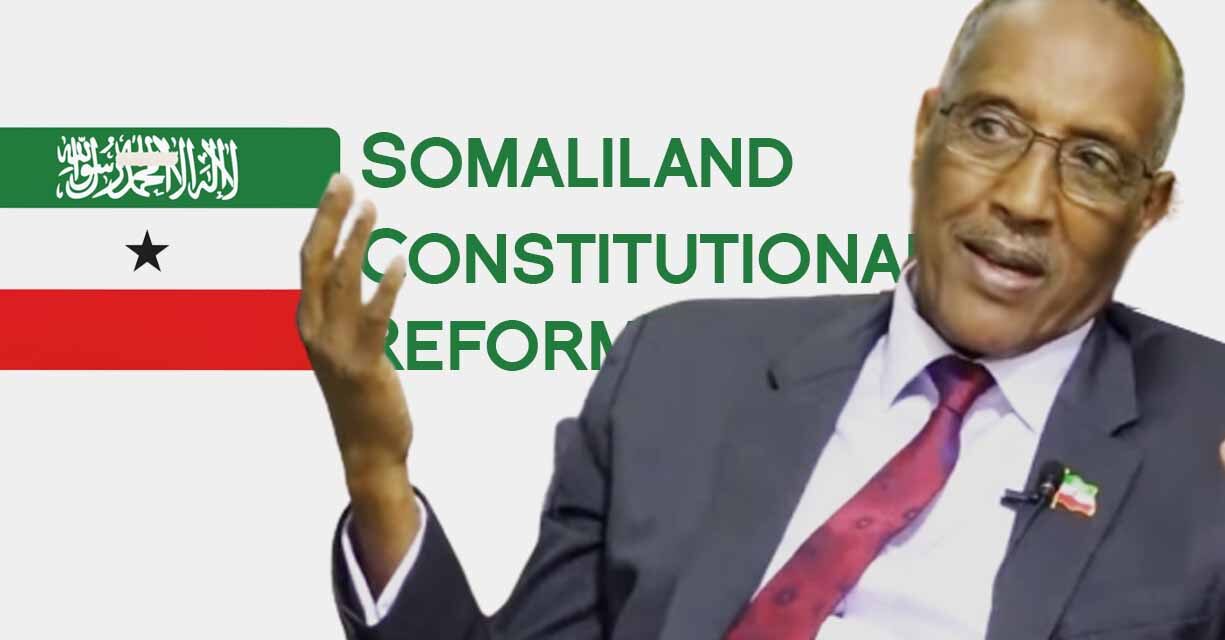

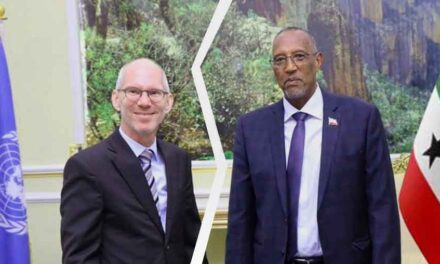
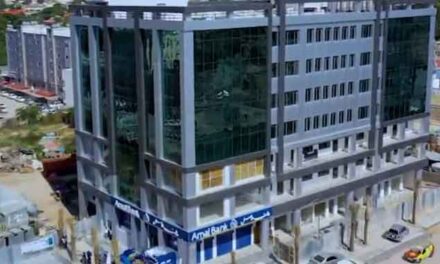
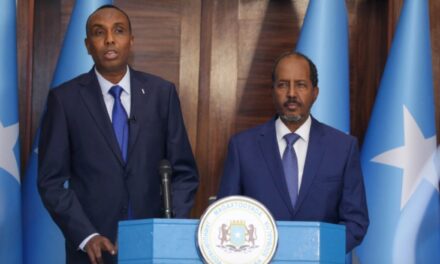

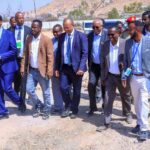
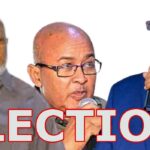


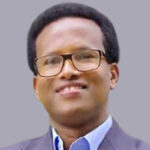
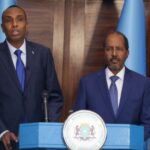


Recent Comments